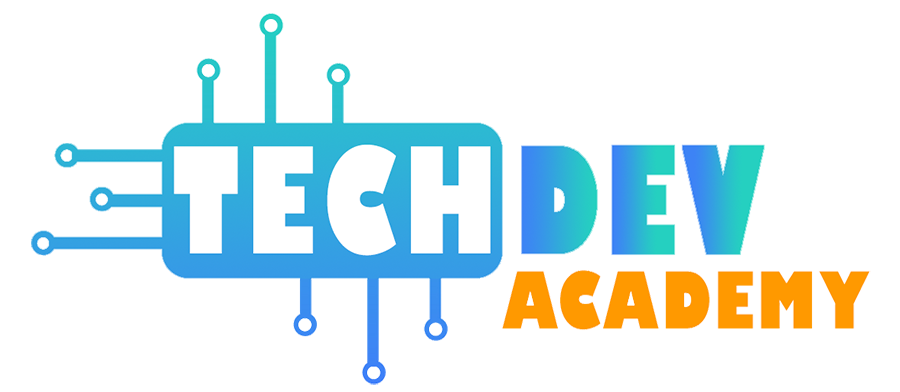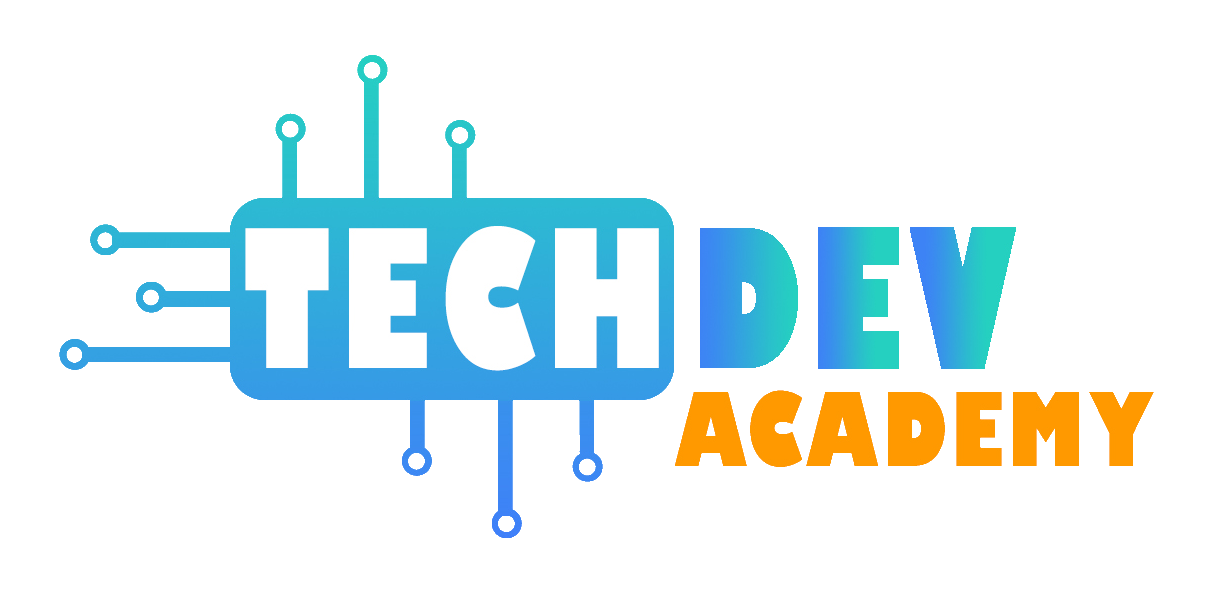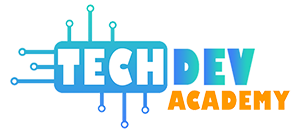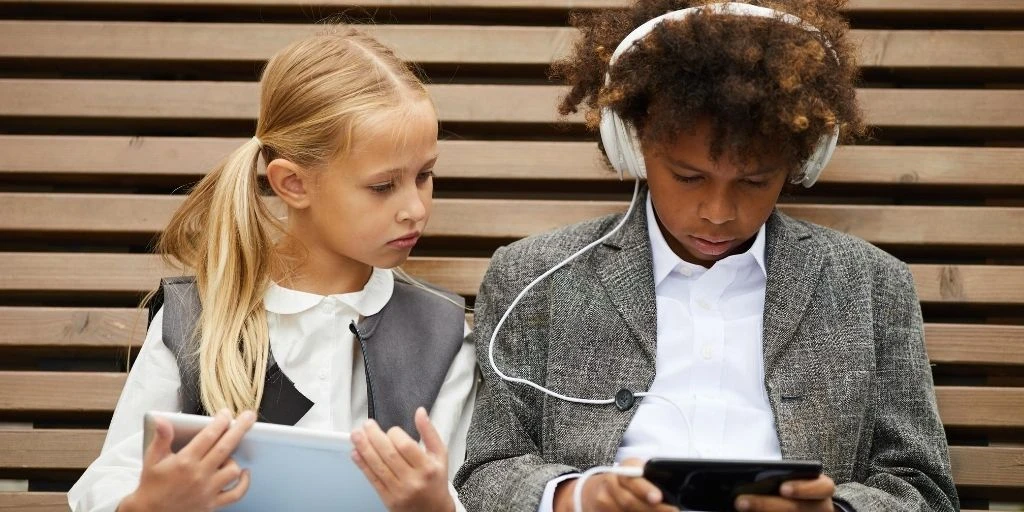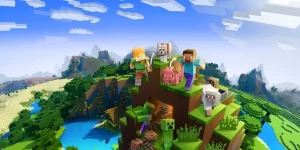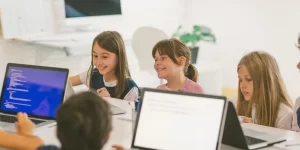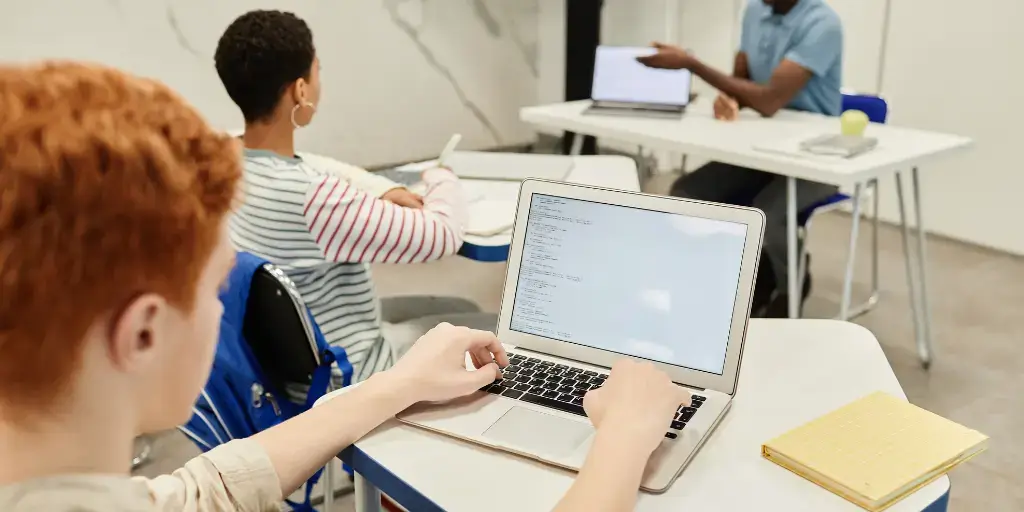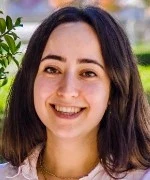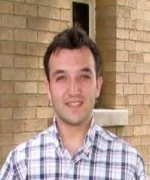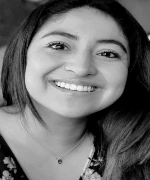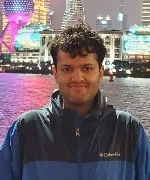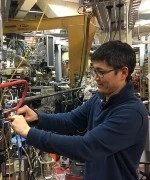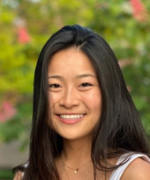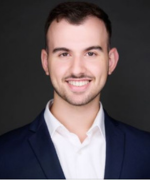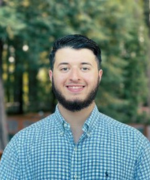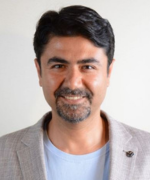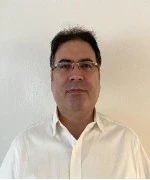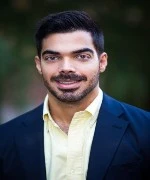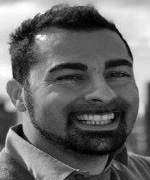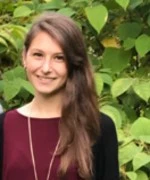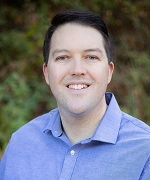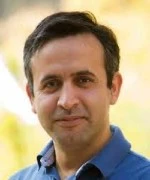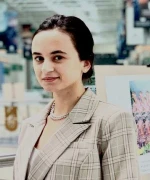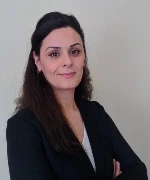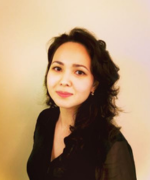Raising Technologically Literate Kids – How You Can Do It
Kids tend to take many things at face value, primarily because they aren’t critical thinkers yet. This means they’ll often copy what you do or believe what you tell them, particularly if you’re a trusted source, like a parent, teacher, or even a favorite cartoon character. As kids’ daily lives today have more technology-driven objects in them than ever, it becomes important to make them technologically literate. This will help them think critically about technology and even ask questions like those below:
- Who created this?
- Why did they design it this way? What’s the underlying basic concept?
- How does this technology help me or society?
- How can I use technology to express myself without hurting others’ feelings?
- What are the risks of using this technology?
These are questions that technologically literate individuals can ask and explore.
Technological literacy – What is it?
Technology can be defined in many ways. To define broadly, technology is the process by which humans transform nature to meet their wants and needs. It can be said that technology is a blend of science and engineering. Science encompasses two elements – knowledge of the natural world and a process of inquiry that creates such knowledge. Engineering also includes two elements – knowledge (related to the creation and design of man-made products) and a process to solve problems. Thus, science and technology are closely connected. Scientific knowledge of the natural world is the foundation for much of modern technological development. For instance, the basis of computer chips’ design depends on a thorough knowledge of the electrical properties of silicon and other materials.
Similar to the goal of literacy in science, mathematics, etc., the goal of technological literacy is to provide kids with the tools to participate caringly and intelligently in the surrounding world. Thus, you can say that being technologically literate includes three interdependent aspects – knowledge, methods of thinking and acting, and capabilities. Thus, if you start building technological literacy skills in your kid starting at an early age, you would prepare him/her to be adept at thinking, accessing, using, creating, and modifying technology. At the same time, your kid would be aware that all technologies entail risks and pitfalls, and have certain limitations, which would help him/her navigate the terrain more carefully and thoughtfully.
Why do you need to raise technologically literate kids?
In today’s technology-driven world, teaching kids about technology, in general, and specific technological literacy skills in their formative years has become crucial. Such knowledge would help them evolve along with technological advancements and deepen their understanding, thinking, and interpretation of such technology. It would also enhance their decision-making ability (related to technology) and help them think dynamically while communicating, accessing, using, and engaging with objects powered by technology in the world around them. If you don’t initiate technological literacy programs at the right time, your kid is likely to feel overwhelmed as technology advances. Perhaps you now understand why it has become extremely important to raise technologically literate kids.
How can coding improve technological literacy?
For the present and future generations, coding and code literacy could be arguably one of the most important skills to learn when it comes to being technologically literate. Today, we’re surrounded by electronic devices, each of which runs several types of software that are driven by codes of some kind. From something as basic as grocery shopping to education, banking, and the professional field, our world today is heavily reliant on the internet. Thus, just as having a good understanding of grammar, spelling, and numeracy has become crucial to making a living in the modern world, so has coding. You can get your kid started with coding by opting for programs and platforms devised specifically for them like ScratchJr, Scratch, Raspberry Pi’s Code Club, etc.
If you’re not sure how coding would improve your kid’s technological literacy, let’s take a deeper look into modern society. As more and more products are now technologically-driven, the software and programs they use have become more sophisticated. This has made it increasingly difficult for the general public to understand how they work, thus making them further detached. While these products are comprehensively designed and tested to be as spontaneous to use as possible, their underlying working principle is quickly becoming something similar to magic for all but a selected few.
Let’s consider a scenario where you’re using a device that’s operated by software. When you aren’t technologically literate (or especially, code literate), you’ll have to accept the device and software with whatever limitations and agendas their makers have built into them. If you’ve been using the device for studying or work, you may be forced to change the lesson’s content or the layout of your presentation multiple times just because you couldn’t understand how to make the underlying technology work the way you want it to. But had you been technologically literate, you could have tweaked the code to make the software and the device meet your exact needs. And that’s how coding can help you kid.
By being familiar with how coding works, your kid would be better equipped to navigate the modern tech-driven terrain by understanding its limitations and even find out if those limits exist because the technology demands it or just because the creators or a company wants to have it that way. Thus, when your kid uses a website or an application, he/she would stop accepting them at face value and start engaging with them purposefully and critically instead.
Coding is a good way to make your kid technologically literate. Just make sure that your kid’s code learning is an open-ended playground and not a restricted playpen. When you insure your kid’s coding journey to become a playground, you would give him/her an open environment where he/she could be creative, express himself/herself freely, explore alone and/or with others, learn new skills, and solve problems while having fun. Your goal should be to give your kid a coding playground where he/she becomes a producer, not just a consumer, of technological products that can be shared with others.
